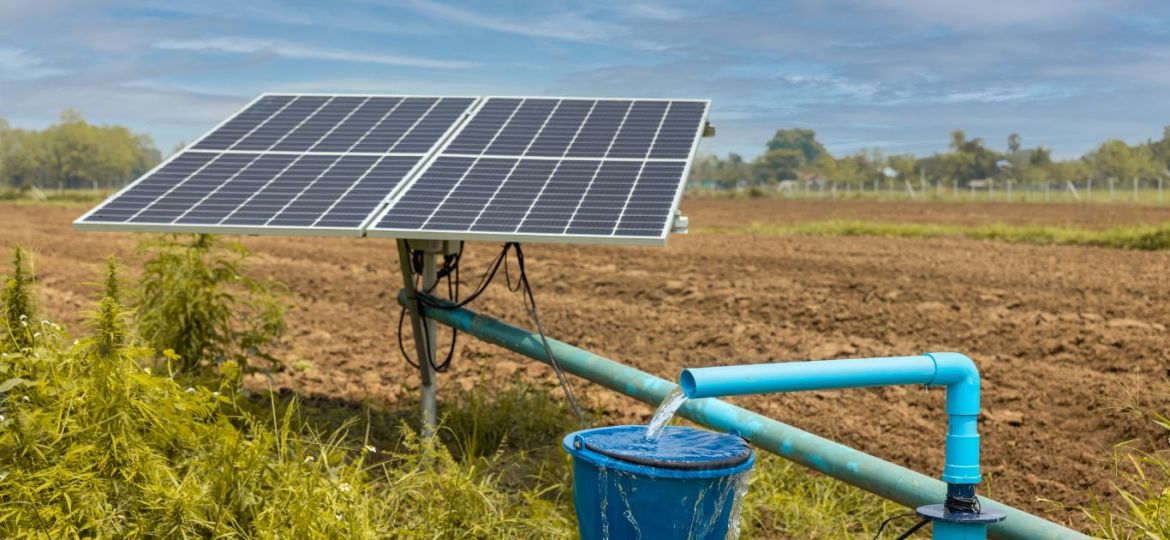Opinion – Thomas Hall, Director of the Agtech and Logistics Hub
Farmers are going ‘off the grid’ and switching to renewables in growing numbers as Australia’s ongoing energy crisis impacts their profits and pressure amps up on agribusinesses to reduce their ecological footprint.
As rising electricity costs and supply issues continue to plague the nation, farmers are increasingly seeking to generate their own power.
It’s a transition not without its challenges, however the potential benefits are huge given the energy intensive nature and of agriculture across everything from machinery to irrigation.
While energy requirements vary across commodities, the bottom line is farmers and agribusinesses are among those most impacted by power price hikes and blackouts so having access to affordable and reliable electricity is paramount.
I recently ventured to a Darling Downs food manufacturing and packing facility which was in the middle of a power outage that ended up lasting 17 hours. To keep operations going, they had to fire up 120 generators, which they had installed at a substantial cost following previous blackouts. It was a costly exercise but necessary to ensure customers received their deliveries on time. Halting operations is a risky business that puts contracts in jeopardy.
Given the industry’s vulnerability to the impacts of a volatile energy market, energy is one of the top burning issues for agriculture.
And as Australia moves towards Net Zero, where greenhouse gas emissions will be balanced by removals, farmers are coming under increased pressure to reduce emissions, given records show the sector produced 16.8 per cent of national greenhouse gas emissions in 2020-21.
Many farmers are already looking to power ahead with sustainable alternative energy solutions. In other words, they are disconnecting from the national energy grid and opting to generate their own electricity.
At the Agtech and Logistics Hub, we are seeing more farmers adopt, or enquire about, the following sustainable and off-grid options:
- Solar power: Installing solar panels on a property reduces energy costs and allows for power to be stored in batteries (see below) for future use. This is a particularly attractive option for Queensland farmers given the abundance of sunshine in the state, however installation can be costly so it can take some time to see a return on investment.
- Battery storage systems: Solar and other off-grid energy solutions often have energy storage systems to ensure a consistent power supply.
- Wind energy: Wind turbines can generate electricity for farms and allow farmers to sell their surplus.
- Biomass and bioenergy: Bioenergy is a form of renewable energy generated from the conversion of biomass products, including crop residues and farm waste, into electricity, heat and transport fuels.
When looking at any of these options, it’s important for agribusinesses to understand what their investment, and their return on it, will be.
Many solutions are long-term investments, but there are many grants, incentives and programs available to help with the transition. While going off-grid can seem a little overwhelming, our team is happy to point you in the right direction.
This piece was originally published in the February edition of Queensland Farmer Today.

